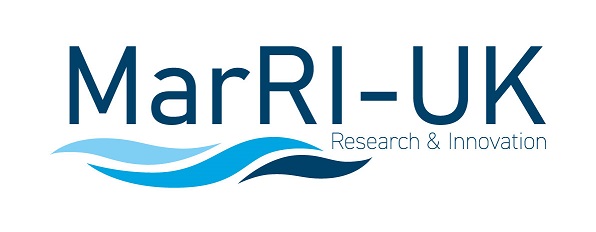Applying machine learning (ML) for automated monitoring nearshore bathymetry led by University of Liverpool
Aim:
The project uses a combination of data technologies (satellite and land-based radar), computer models and novel analysis methods (machine learning and modal decomposition) in a unique and integrated way to monitor changes in sub- and intertidal bathymetry. The region of interest for this project spans the outer margins of the area maintained by the Port of Liverpool where it interfaces between the coastal waters of Liverpool Bay and the mouth of the Mersey Estuary.

What was done:
A nexus of satellite, radar and sensor data along with numerical model output is analysed to provide a range of maritime and coastal stakeholders with information on nearshore water depth and sediment build-up that is routinely and rapidly updated. Project data products detect and predict nearshore bathymetry and hydrodynamics from the advanced statistical analysis of these data using an ‘Eigenshores’ approach. Dominant modes in the observed wave pattern are combined into a low-order representation of the sea surface roughness, providing estimates of sea bed roughness (bathymetry and morphology) over spatial and temporal scales, and for locations where no measurements are performed. This low-order system representation from these modes can be used to forward predict patterns of regional hydrodynamics and coastal change. A high level of confidence (RMSE error ~10-15%) is demonstrated in forecasting regional hydrodynamics and bathymetry over a 4-5 day window from a ‘training’ timeseries of approximately 150 days.

Impact and benefit for port operators and coastal resource managers:
It is demonstrated that Eigenshores data products can alert port operators and coastal resource managers to significant reductions in the depth of access channels, the migration of dynamic sedimentary features, and intertidal beach volume than can then inform operational and strategic interventions in the shape of targeting maintenance dredging or beach recharge.

Any enquiry, please contract Prof. Andy Plater through gg07@liverpool.ac.uk.

